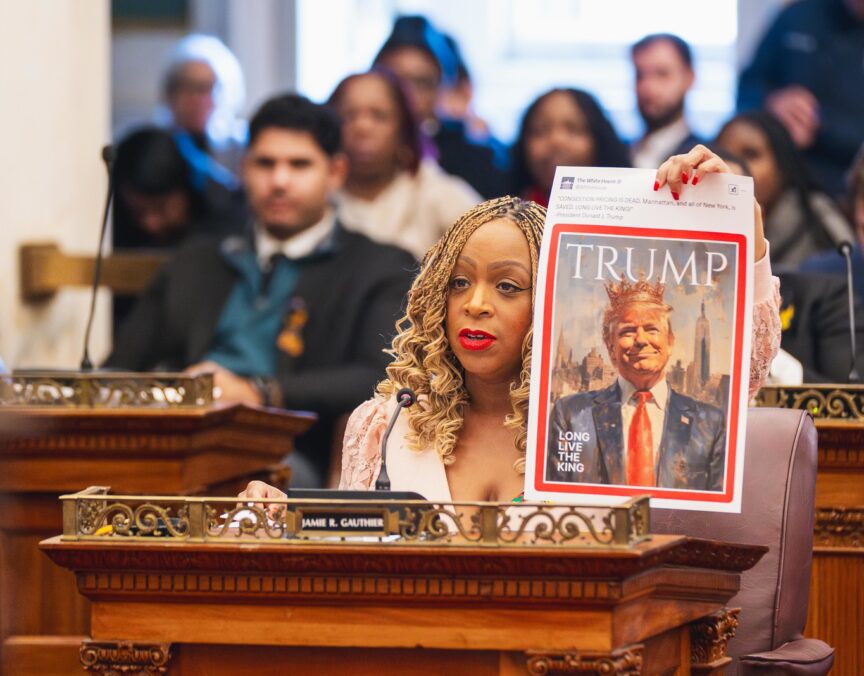In a previous commentary, I criticized the state of the news industry and the quality of the news that’s found in the media. A friend told me that I can do more, that I can do better. Anyone can easily point out everything that is wrong with something, but it is much more difficult to offer ways to improve the things that are wrong.
Thus, in this week’s column I offer several news mediums that, in my opinion, offer great, worthwhile news. The sources I’ve chosen offer an alternative and/or a much more in-depth glimpse into the stories making today’s headlines.
The Economist: A British publication about much more than the economy, the magazine covers world news to an extent that isn’t matched anywhere else in the world. It’s not the cheapest magazine around, but even at almost $6 a pop, the news is worth every penny. There’s content relating to everything from business to science to technology news, and there’s a weekly obituary. And as a British publication, The Economist provides an accurate glimpse into American affairs. But The Economist isn’t toilet reading; the density and the vocabulary of the articles lends to some serious learning.
The New York Times: With “All the news that’s fit to print,” The New York Times continues to live up to its motto. I find the health and science sections particularly impressive, considering most other major newspapers hardly, if ever, cover such news. The opinion section is also as varied as it is interesting, as the running commentary ‘Beauty and the Bento Box’ strikes my fancy. I’ve been eating Bentos all my life and the idea that teeny box lunches are hitting the mainstream is difficult for me to grasp. The Times lives up to its reputation.
Politifact.com: Winner of the 2009 Pulitzer Prize for National Reporting, Politifact is an offspring of the St. Petersburg Times that finds the truth in Washington and the Obama presidency. Statements are ranked according to six rankings: true, mostly true, half-true, barely true, false and pants-on-fire. Don’t believe those chain emails! Politifact shows that just over 40 percent of the statements ranked are pants-on-fire. Former Governor of Alaska Sarah Palin is all across the spectrum between truth and falsehood. Vice President Joe Biden is predominantly truthful, but isn’t exactly the George Washington that chopped down the cherry tree.
Politico.com: Covering political news, Politco is one of the few news agencies still growing in this slump of the news industry. The online publication follows the Obama presidency minute-by-minute on Politico44, the online diary of the presidency. Politco is also crunching down on other news publications, evaluating whether Fox News, Glenn Beck and Bill O’Reilly are legitimate news sources (their words, not mine). And, of course, there’s the latest with the Sarah Palin book tour launch. Not the most substantial headline, but everything those politicians in Washington do, Politico is on it.
Pulitzer Center on Crisis Reporting: According to its website, the Pulitzer Center “promotes in-depth engagement with global affairs through its sponsorship of quality international journalism across all media platforms and an aggressive program of outreach and education.” In September the organization won an Emmy for new approaches to news and documentary programming with its website LiveHopeLove.com. This website is about living with HIV/AIDS in Jamaica, and is one of the many reporting projects the Pulitzer Center supports. The Pulitzer Center also has the Pulitzer Gateway, a series of websites featuring videos, commentaries, reports and photos on various topics such as food insecurity, climate change, water wars and India. More portals, as they are called, are expected to open up by the end of the year.
St. Louis Beacon: A hometown pioneer for the news industry, St. Louis Beacon is an online-only publication that looks at local news. Founded by veteran journalists, many of them former St. Louis Post-Dispatch reporters, the Beacon’s mission is to provide ‘news that matters’ and to cover the stories that the more mainstream publications may miss. The Beacon has the Public Insight Network, where citizens sign up to provide contact, story ideas and perspectives. Throughout the year, the Beacon also has its “Race, Frankly,” feature, providing an in-depth look antracial issues.
Categories:
The search for intelligent news media
Allison Reilly
•
November 5, 2009
0
Donate to The University News
$2185
$5000
Contributed
Our Goal
Your donation will support the student journalists of Saint Louis University.









